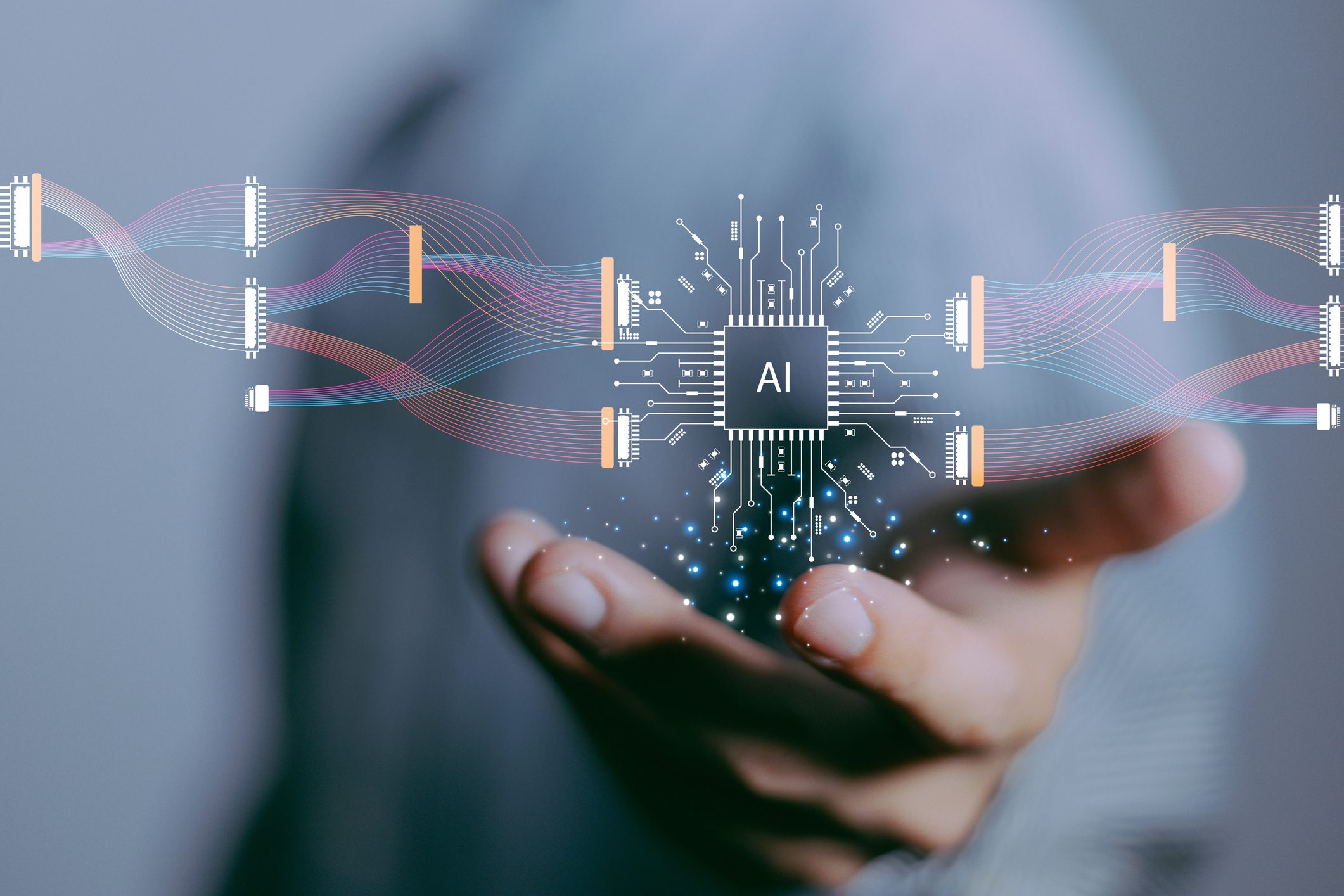On 17 December 2024, the UK government launched a consultation (open now and closing on 25 February 2025) which sets out the government’s plan to “deliver a copyright and AI framework that rewards human creativity, incentivises innovation and provides the legal certainty required for long-term growth in both sectors”.
Both sectors are incredibly important for the UK’s economy. The creative industries contribute £124.8 billion GVA to the UK’s economy annually and the overall UK AI market is estimated to grow to over $1 trillion (USD) by 2035.
The consultation is based on a belief that there is some dispute around how UK copyright law should be applied to the training of AI models. In light of this, the UK government is keen to establish foundational guidelines and laws to promote fair collaboration between both sectors in the future.
Key possible law changes that the UK government are seeking input on are the potential introduction of:
- a data mining exception in copyright law, allowing at least some copyrighted material to be used for training an AI model, without requiring a specific licence; and
- a rights reservation system which would allow copyright holders to reserve the rights in their work and thereby control its use, paving the way for licensing agreements.
There is also a question around how broad any data mining exception should be, if introduced. A broader data mining exception appears to favour the AI sector, whereas restrictions on data mining appear to favour the creative sectors. The introduction of such an exception alongside a rights reservation system is proposed to strike a balance. In such a case, for example, it may be that copyrighted works could be freely used for training unless rights in those works have been reserved in the rights reservation system. However, it is acknowledged that significant work would be required in this case to ensure any rights reservation system is transparent, effective, accessible and widely adopted. The approach currently outlined in the consultation for the exception is similar to EU’s copyright exception for text and data mining.
The consultation also stresses the importance of greater transparency between the sectors for building trust between developers and copyright holders. For example, it is stated that any new data mining exception would be conditional on there being appropriate transparency measures in place. This emphasis on transparency is unsurprising since globally there has been a recent push for greater transparency with AI training and use. For instance, the recent EU AI Act also has a particular focus on transparency. As such, we will likely see further transparency requirements around AI training in future, through law changes as a result of this consultation, or from elsewhere.
Nonetheless, it is clear that sector collaboration can be successfully implemented. For example, licensing data for training is not a novel concept, there is significant infrastructure for this, and there are lots of different ways it can be done, e.g. collective licensing agreements. Big players such as OpenAI already have multi-million dollar licensing deals with various media companies for training data.
Patenting of AI innovations, and the monopoly protection it provides, may be of particular interest in such an environment. For example, with increases in transparency and collaboration, patents may provide protection in situations where protecting AI innovations, such as new methods of AI training, by keeping them a secret is unsuitable or undesirable.
As usual, we are keeping an eye out for more developments in this area and as always, we will continue to provide updates on the topic.



